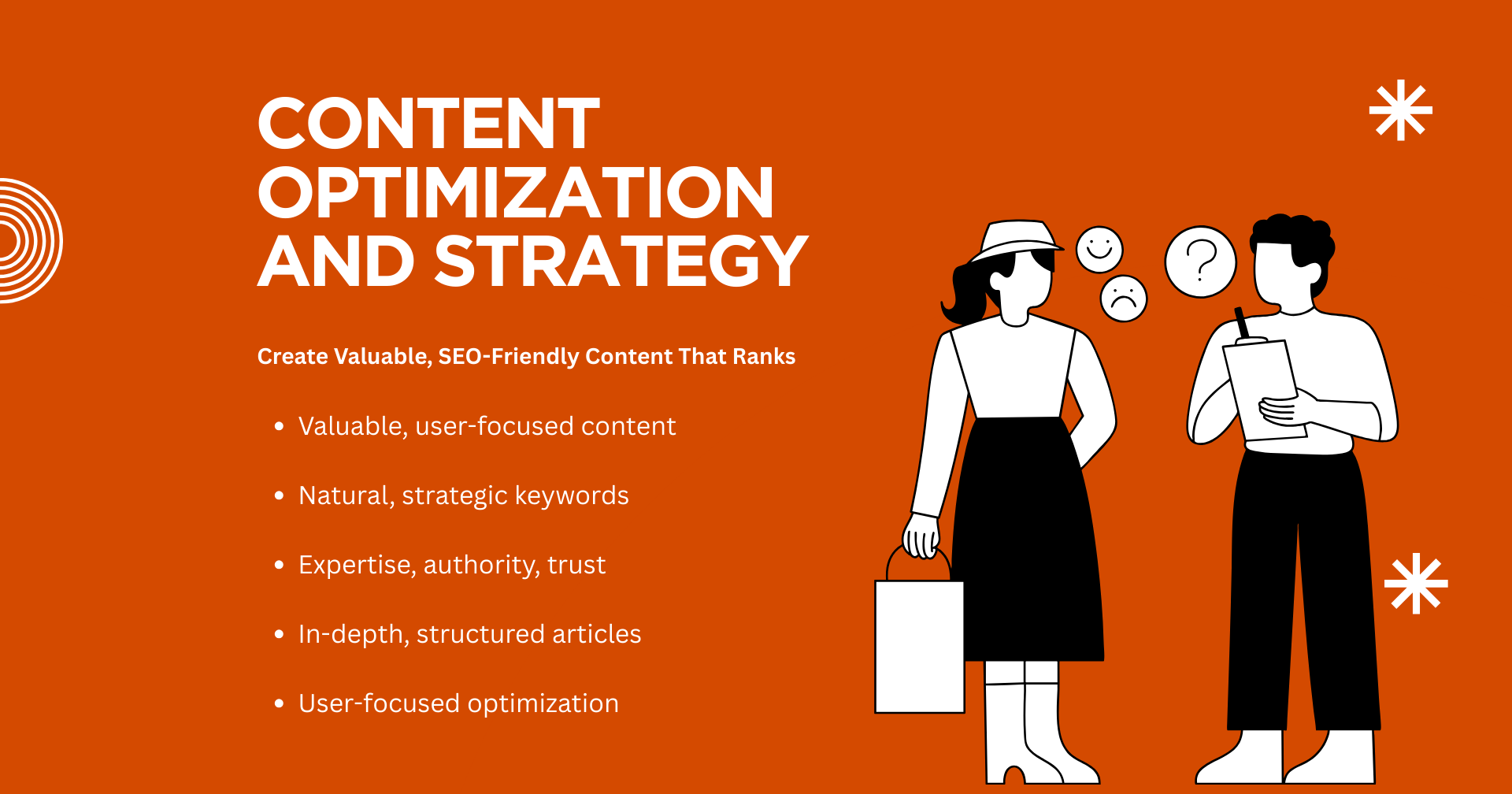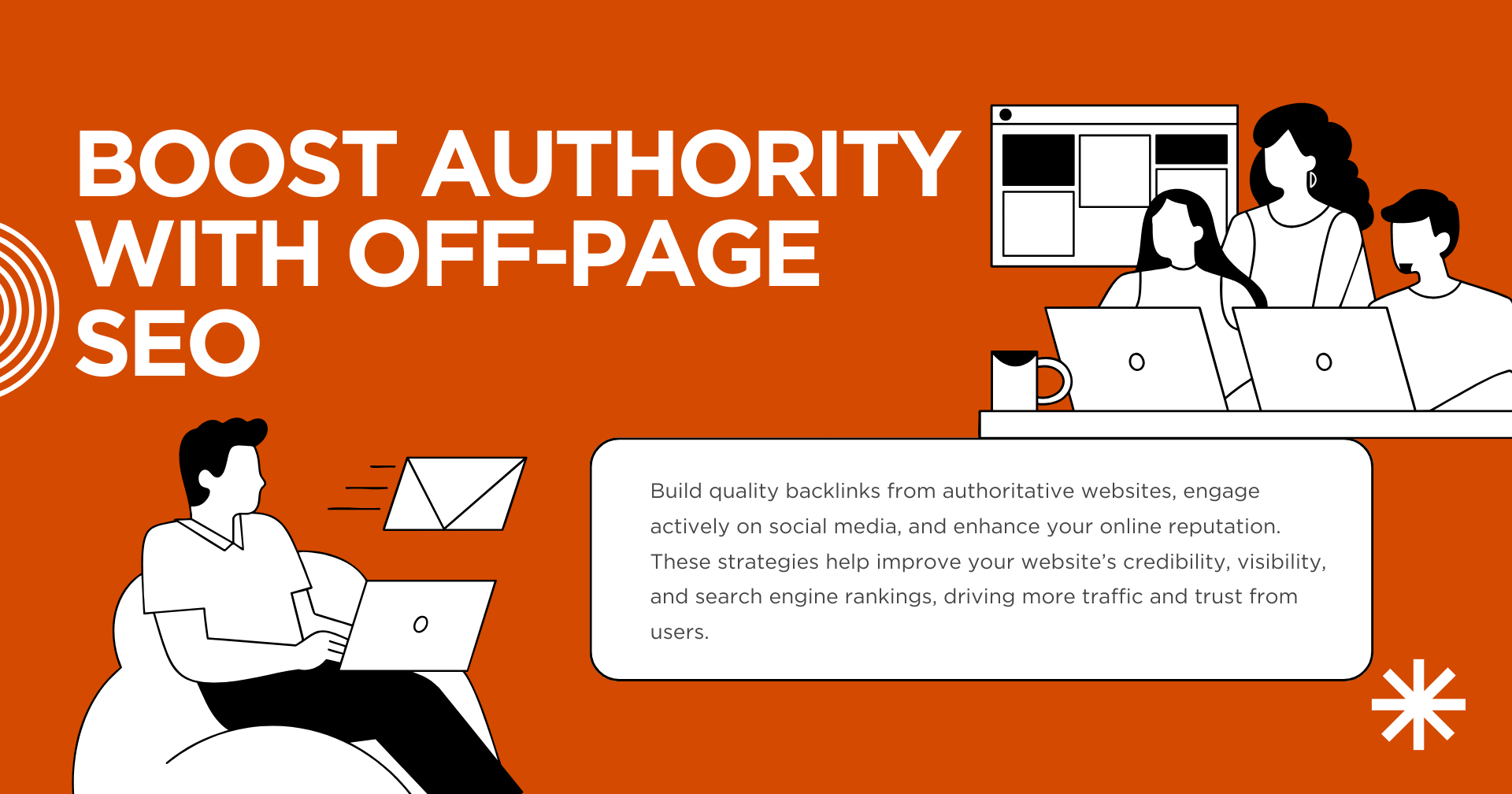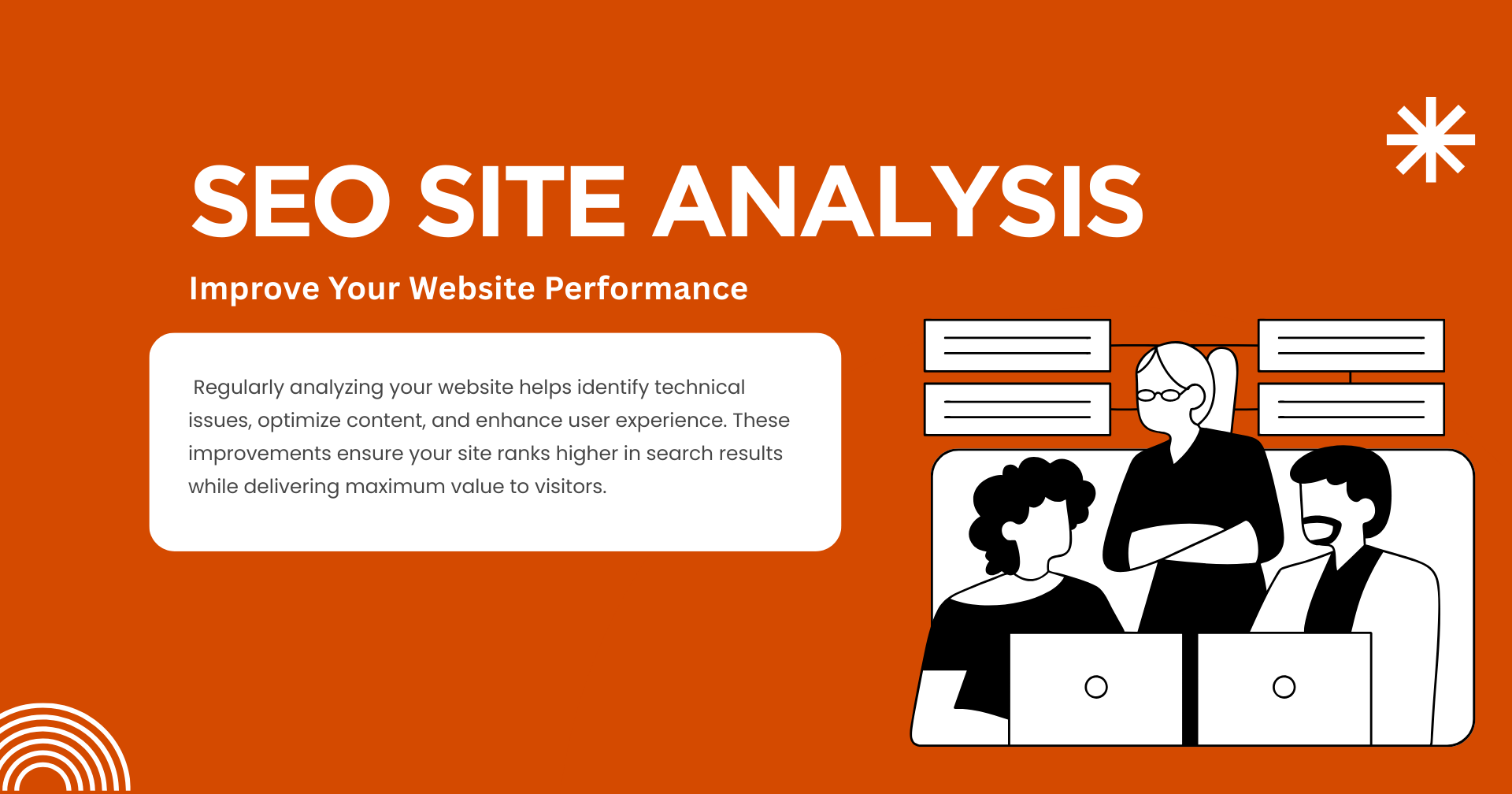The Complete Guide to Search Engine Positioning for Optimal Rankings
In today’s digital landscape, achieving optimal search engine positioning is crucial for businesses looking to establish a strong online presence. Whether you’re a small business owner or a digital marketing professional, understanding how to improve your website’s visibility in search results can make the difference between success and obscurity online. Effective search engine positioning requires a strategic approach that combines technical expertise with content excellence.
The competitive nature of modern search results means that businesses can no longer rely on basic optimization techniques alone. Advanced search engine positioning strategies now encompass user experience optimization, mobile-first indexing considerations, and artificial intelligence integration. Companies that master these comprehensive approaches often see significant improvements in their organic traffic and overall online visibility.
Search Engine Positioning
Search engine positioning refers to the placement of your website in search engine results pages (SERPs) for specific keywords and phrases. It’s fundamentally about how well your website ranks when users search for terms related to your business, products, or services. This concept is closely intertwined with search engine positioning seo strategies that help websites climb higher in rankings.
The goal of effective search engine placement is to appear on the first page of search results, ideally in the top three positions, where the majority of clicks occur. Studies consistently show that websites ranking in the first three positions receive over 60% of all clicks, making strategic search engine positioning essential for driving organic traffic and business growth.
Modern search behavior has evolved significantly, with users expecting immediate, relevant results that match their specific search intent. This evolution has made search engine positioning more complex, requiring businesses to understand not just what their audience searches for, but why they search and what they expect to find. Successful positioning now depends on creating content that satisfies both search engine algorithms and user expectations simultaneously.
Search Engine Ecosystem
Modern seach engine algorithms are sophisticated systems that evaluate hundreds of factors to determine rankings. These search and engine technologies analyze everything from content quality and user experience to technical website performance and backlink profiles. Understanding these algorithms is fundamental to improving search engine positioning.
The relationship between seo optimization service providers and search engines is built on understanding these algorithmic preferences. Professional seo search engine specialists work to align websites with ranking factors that matter most to search engines like Google, Bing, and Yahoo, ultimately improving search engine positioning for their clients.
Search engines continuously evolve their ranking algorithms to provide users with the most relevant and valuable results. Major updates like Google’s BERT, RankBrain, and Core Web Vitals have transformed how websites are evaluated. These algorithmic changes emphasize the importance of natural language processing, user experience signals, and page performance metrics in determining search engine positioning.
The emergence of voice search, mobile-first indexing, and featured snippets has further complicated the search landscape. Modern search engine positioning strategies must account for these diverse search formats and optimize accordingly. This includes creating content that answers direct questions, optimizing for local search queries, and ensuring fast loading times across all devices.
Core Components of Search Engine Optimization SEO
Content Optimization and Strategy
Content remains the foundation of successful engine optimization seo strategies. High-quality, relevant content that addresses user intent is paramount for achieving better seo search optimization results and improved search engine positioning. This involves creating comprehensive resources that answer user questions while naturally incorporating target keywords.
Effective optimization seo requires balancing keyword usage with readability and value. Modern search engines prioritize content that provides genuine value to readers while maintaining semantic relevance. Content creators must focus on topical authority, creating in-depth resources that establish expertise and trustworthiness within their industry niche.
The concept of E-A-T (Expertise, Authoritativeness, Trustworthiness) has become increasingly important for content optimization. Search engines now evaluate content not just for keyword relevance, but for the credibility of its authors and the accuracy of its information. This shift requires content creators to demonstrate subject matter expertise and cite authoritative sources to improve their search engine positioning.
Long-form content that thoroughly covers topics tends to perform better in search results, as it provides comprehensive answers to user queries. However, content length alone isn’t sufficient; the information must be well-structured, easy to read, and genuinely helpful to the target audience. Successful content optimization now involves understanding user search journeys and creating content that addresses different stages of the buyer’s funnel.

Technical SEO Fundamentals
Technical seo encompasses the behind-the-scenes elements that affect your website’s crawlability and indexability. This includes optimizing site speed, mobile responsiveness, URL structure, and internal linking architecture. A comprehensive seo audit can reveal technical issues that might be hindering your search engine positioning.
Regular check website seo practices help identify and resolve technical problems before they impact rankings. This proactive approach to technical seo maintenance ensures your website meets search engine standards for optimal search engine positioning performance.
Core Web Vitals have become critical ranking factors, measuring real-world user experience through metrics like Largest Contentful Paint (LCP), First Input Delay (FID), and Cumulative Layout Shift (CLS). Websites that fail to meet these performance standards often see declining search engine positioning, regardless of their content quality.
Schema markup implementation has also become essential for modern technical seo. Structured data helps search engines understand page content better and can result in rich snippets, which improve click-through rates and visibility in search results. Proper implementation of schema markup for articles, products, reviews, and local businesses can significantly impact search engine positioning.
Site architecture plays a crucial role in both user experience and search engine crawling efficiency. A well-organized website with logical navigation, proper URL hierarchy, and strategic internal linking helps search engines understand content relationships and distributes page authority effectively throughout the site.
Keyword Strategy and Research
Successful keyword checking involves identifying terms your target audience uses when searching for your products or services. This process goes beyond simple keyword research to include understanding search intent, competition levels, and seasonal trends that impact search engine positioning.
Modern seo search engine strategies focus on semantic keyword relationships rather than exact match targeting. This approach helps websites rank for a broader range of related terms while maintaining topical authority and stronger search engine positioning.
Keyword research now requires understanding different types of search intent: informational, navigational, commercial, and transactional. Each intent type requires different content approaches and optimization strategies. Informational queries often benefit from comprehensive guides and tutorials, while transactional queries require optimized product pages and clear conversion paths.
Long-tail keywords have become increasingly valuable as voice search and natural language queries become more common. These longer, more specific phrases often have lower competition but higher conversion rates, making them excellent targets for improving search engine positioning while driving qualified traffic.
Competitive keyword analysis helps identify content gaps and opportunities for differentiation. Understanding which keywords competitors rank for, and more importantly, which ones they don’t, can reveal untapped opportunities for improved search engine positioning.
Search Engine Optimization Balance
Effective search engine optimization and seo requires a balanced approach between on page seo optimisation and off page seo activities. Both elements work together to signal authority and relevance to search engines.
Seo on page and off page optimization should be viewed as complementary rather than competing strategies. On page search engine optimisation provides the foundation, while off page search engine optimisation builds authority and trust signals.
The integration of on-page and off-page strategies creates a synergistic effect that can significantly improve search engine positioning. When high-quality content is combined with authoritative backlinks and positive user signals, search engines receive clear indicators of a website’s value and relevance.
On-Page Optimization Techniques
Seo on page seo involves optimizing individual web pages to rank higher and earn more relevant traffic. This includes optimizing title tags, meta descriptions, header tags, and internal linking structures. Seo on page seo off page coordination ensures consistency across all optimization efforts.
Key seo on and off page elements include title tag optimization with primary keywords, meta description crafting for higher click-through rates, header tag hierarchy for better content structure, image alt text optimization for accessibility and SEO, and internal linking strategies to distribute page authority.
Modern on-page optimization extends beyond traditional elements to include user experience factors like page loading speed, mobile responsiveness, and content accessibility. Search engines now consider how users interact with pages, including bounce rates, time on page, and scroll depth, as ranking signals.
Content optimization for featured snippets has become increasingly important, as these prominent search result features can significantly increase visibility and traffic. Optimizing content to answer specific questions clearly and concisely can help secure these valuable positions in search results.
Off-Page SEO Fundamentals
Off page seo focuses on external factors that influence your website’s authority and trustworthiness. This primarily involves link building, social media engagement, and online reputation management. Quality backlinks from authoritative websites remain one of the strongest ranking signals for search engine positioning.
Building a diverse backlink profile requires creating valuable content that naturally attracts links from relevant websites. This organic approach to off page search engine optimisation tends to be more sustainable and effective than manipulative link-building tactics for long-term search engine positioning success.
Digital PR has emerged as a powerful off-page SEO strategy, combining traditional public relations with link building objectives. By creating newsworthy content and building relationships with journalists and influencers, businesses can earn high-quality backlinks while improving brand awareness and credibility.
Social signals, while not direct ranking factors, contribute to off-page SEO through increased content visibility, brand awareness, and potential link opportunities. Active social media presence can amplify content reach and create opportunities for natural link building.
Local SEO has become crucial for businesses with physical locations or local service areas. This includes optimizing Google My Business profiles, earning local citations, and building location-specific content that improves search engine positioning for geo-targeted searches.

Essential SEO Tools and Analysis
Modern seo toolsseo checkerseo analyzer platforms provide comprehensive insights into website performance and optimization opportunities. These tools help identify technical issues, track keyword rankings, and monitor competitor activities.
A reliable website seo checker should provide insights into multiple ranking factors, including technical performance, content optimization, and backlink profiles. Professional seo optimizer tools often include features for check domain authority and competitor analysis.
The SEO tools landscape has evolved to include artificial intelligence and machine learning capabilities that can predict ranking changes, identify content opportunities, and automate certain optimization tasks. These advanced features help SEO professionals work more efficiently and make data-driven decisions.
Integration capabilities between different SEO tools have become increasingly important, allowing professionals to combine data from multiple sources for comprehensive analysis. This holistic approach provides better insights into search engine positioning opportunities and performance trends.
Domain Authority and Website Analysis
Understanding how to check domain authority is crucial for measuring your website’s competitive position and search engine positioning potential. Domain authority metrics help predict ranking potential and identify opportunities for improvement. Regular domain ranking check activities help track progress over time and maintain competitive search engine positioning.
Tools that check site authority provide valuable insights into how search engines perceive your website’s credibility. This information guides strategic decisions about content creation, link building, and technical improvements.
Beyond domain authority, modern SEO analysis includes topical authority assessment, which evaluates how well a website covers specific subject areas. This metric has become increasingly important as search engines prioritize comprehensive, authoritative content over individual page optimization.
Page authority analysis helps identify which pages on a website have the strongest link profiles and can be leveraged to boost other pages through strategic internal linking. This approach maximizes the SEO value of existing authority and improves overall site performance.
SEO Analysis and Monitoring Tools
Professional seo optimization tools encompass various analysis capabilities, from seo search engine performance tracking to comprehensive seo optimization checker functionality. These seo marketing tools help identify optimization opportunities and track campaign effectiveness.
Comprehensive search engine optimization tools should include features for keyword research, rank tracking, technical analysis, and competitive intelligence. Modern platforms that website authority check capabilities help monitor your site’s credibility metrics over time.
Tools to check the domain authority should be used regularly to track improvements and identify potential issues. Specialized tools to check domain and page authority provide granular insights into how different pages contribute to overall domain strength.
Real-time monitoring capabilities have become essential for modern SEO tools, allowing professionals to quickly identify and respond to ranking changes, algorithm updates, and technical issues that could impact search engine positioning.
Website Traffic Analysis and Monitoring
Monitoring website traffic is essential for measuring SEO success and identifying optimization opportunities. Website traffic checker tools provide insights into visitor behavior, traffic sources, and conversion patterns.
Web traffictraffic checker platforms help identify which pages attract the most visitors and which optimization strategies drive the best results. Regular site traffic checker analysis reveals trends and patterns that guide strategic decisions.
Advanced traffic analysis now includes user journey mapping, which helps understand how visitors move through websites and where they encounter obstacles. This information is crucial for optimizing conversion paths and improving overall user experience.
Seasonal traffic patterns and trends provide valuable insights for content planning and optimization strategies. Understanding when traffic peaks and valleys occur helps businesses prepare content and campaigns that maximize visibility during high-traffic periods.
Traffic Analysis Tools
Professional web traffic checker tools provide comprehensive analytics about visitor behavior and traffic sources. These platforms help view website traffic patterns and identify optimization opportunities for better performance.
Knowing where to find a reliable website to check website traffic is crucial for ongoing optimization efforts. Many businesses use multiple tools to check web traffic of a website and gain comprehensive insights into their online performance.
Tools that help view web traffic provide valuable insights into user behavior, popular content, and conversion pathways. Regular efforts to check the traffic on a website reveal which optimization strategies are working and which need adjustment.
Professional platforms to check web traffic of website performance often include features for internet site traffic analysis and competitor comparison. Finding the right site to check website traffic depends on your specific analysis needs and budget constraints.
Modern traffic analysis tools now incorporate artificial intelligence to predict traffic trends, identify content opportunities, and suggest optimization strategies based on historical performance data. These predictive capabilities help businesses stay ahead of traffic fluctuations and maintain consistent growth.
Advanced SEO Audit Techniques
A thorough seo audit examines all aspects of your website’s optimization, from technical performance to content quality. This comprehensive review helps identify opportunities for improvement and potential issues that might be limiting your search engine positioning.
Professional seo audit processes typically examine technical elements, content optimization, user experience factors, and competitive positioning. Regular audits ensure your website maintains optimal performance as search engine algorithms evolve.
Modern SEO audits incorporate user experience metrics, accessibility standards, and conversion optimization elements. This holistic approach ensures that optimization efforts support both search engine visibility and business objectives.
Competitive audit components help identify industry trends, content gaps, and link building opportunities that can improve search engine positioning relative to competitors. Understanding the competitive landscape is essential for developing effective SEO strategies.
SEO Site Analysis
Tools to check seo site performance provide detailed insights into optimization opportunities and potential issues. These platforms analyze multiple ranking factors to provide comprehensive recommendations for improvement.
Regular check seo site activities help maintain optimal performance and identify issues before they impact rankings. This proactive approach to SEO management ensures consistent search engine positioning improvements over time.
Automated site analysis tools can now identify technical issues, content optimization opportunities, and user experience problems simultaneously, providing prioritized recommendations that maximize SEO impact with minimal effort.

Best Practices for Long-Term Success
Sustainable SEO Strategies
Building sustainable search engine positioning requires focusing on long-term value creation rather than short-term ranking manipulations. This involves creating high-quality content, building genuine relationships with other websites, and maintaining technical excellence that supports consistent search engine positioning improvements.
Successful search engine positioning seo strategies adapt to algorithm changes while maintaining focus on user value. This approach ensures consistent performance regardless of specific algorithm updates or industry changes.
Sustainable SEO also requires ongoing education and adaptation as search engines evolve their algorithms and user behavior changes. Staying informed about industry trends and best practices ensures that optimization strategies remain effective over time.
Building internal SEO capabilities within organizations helps ensure long-term success by creating teams that understand both the technical and strategic aspects of search engine positioning. This internal expertise supports consistent optimization efforts and quick responses to algorithm changes.
Measuring Progress
Effective measurement requires tracking multiple metrics beyond simple keyword rankings. This includes monitoring organic traffic growth, conversion rates, user engagement metrics, and competitive positioning.
Regular performance analysis helps identify which strategies are working and which need adjustment. This data-driven approach ensures optimization efforts focus on activities that drive real business results.
Advanced analytics now include predictive modeling that can forecast the impact of optimization changes before implementation. This capability helps businesses make informed decisions about resource allocation and strategy priorities.
Future of Search Engine Positioning
The future of search engine positioning will likely involve increased emphasis on user experience signals, artificial intelligence integration, and voice search optimization. Staying ahead of these trends requires continuous learning and adaptation.
Modern seo optimization service providers focus on creating comprehensive strategies that adapt to changing search landscapes while maintaining focus on fundamental optimization principles.
Emerging technologies like augmented reality, virtual reality, and Internet of Things devices will create new search contexts and optimization opportunities. Forward-thinking businesses are already preparing for these changes by developing flexible SEO strategies.
The integration of artificial intelligence in both search algorithms and SEO tools will continue to transform how optimization is performed. Understanding and leveraging these AI capabilities will become increasingly important for maintaining competitive search engine positioning.
Conclusion
Mastering search engine positioning requires a comprehensive understanding of both technical and strategic elements. Success comes from balancing on page seo optimisation with effective off page seo strategies while maintaining focus on user value and experience.
The key to sustainable success lies in viewing search engine positioning seo as an ongoing process rather than a one-time project. Regular monitoring, continuous optimization, and adaptation to algorithm changes ensure long-term visibility and growth in search results.
By implementing the strategies outlined in this guide, businesses can improve their search engine positioning and achieve better visibility for their target keywords. Remember that successful SEO requires patience, consistency, and a commitment to providing value to your audience while following search engine best practices.


